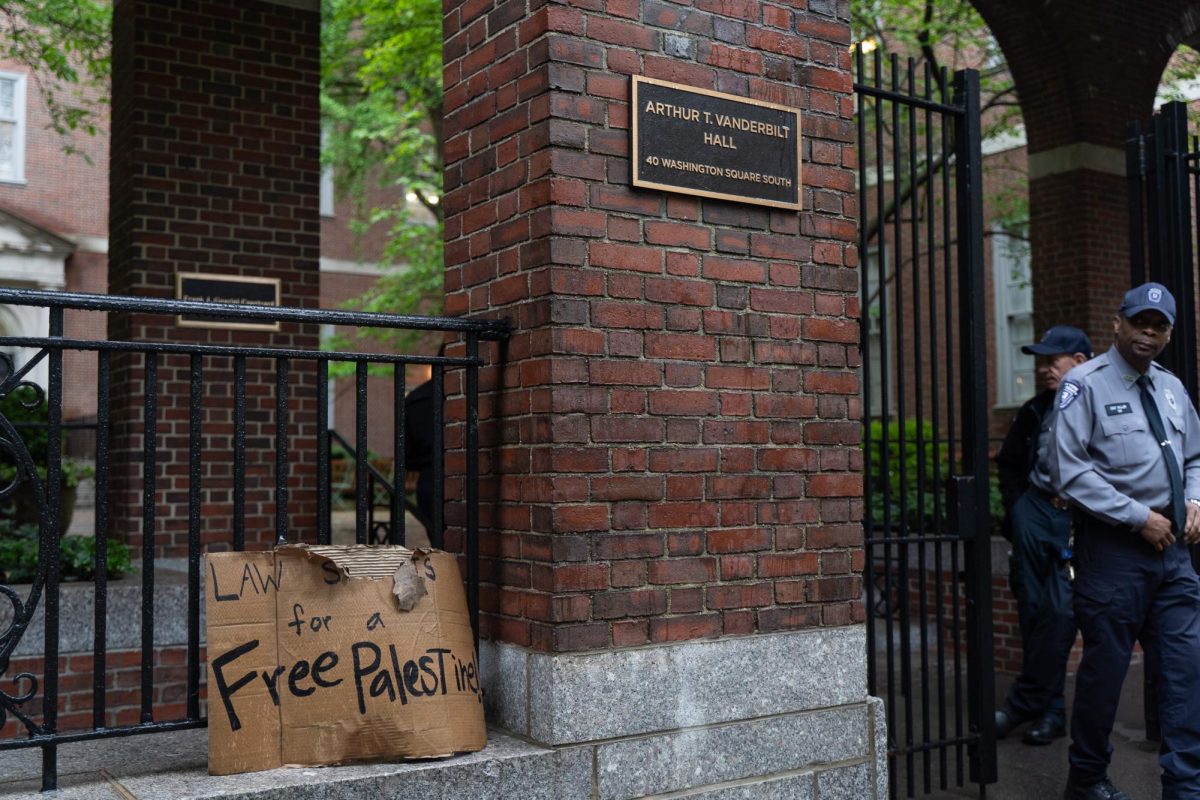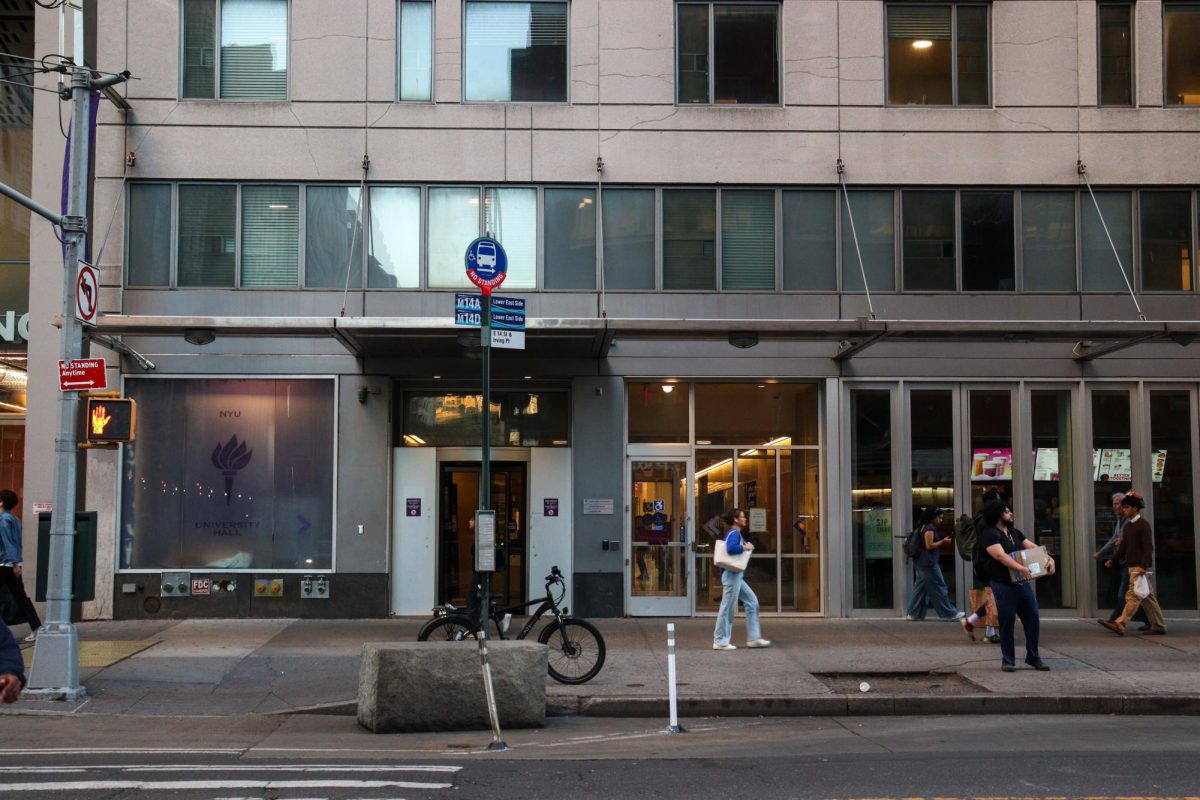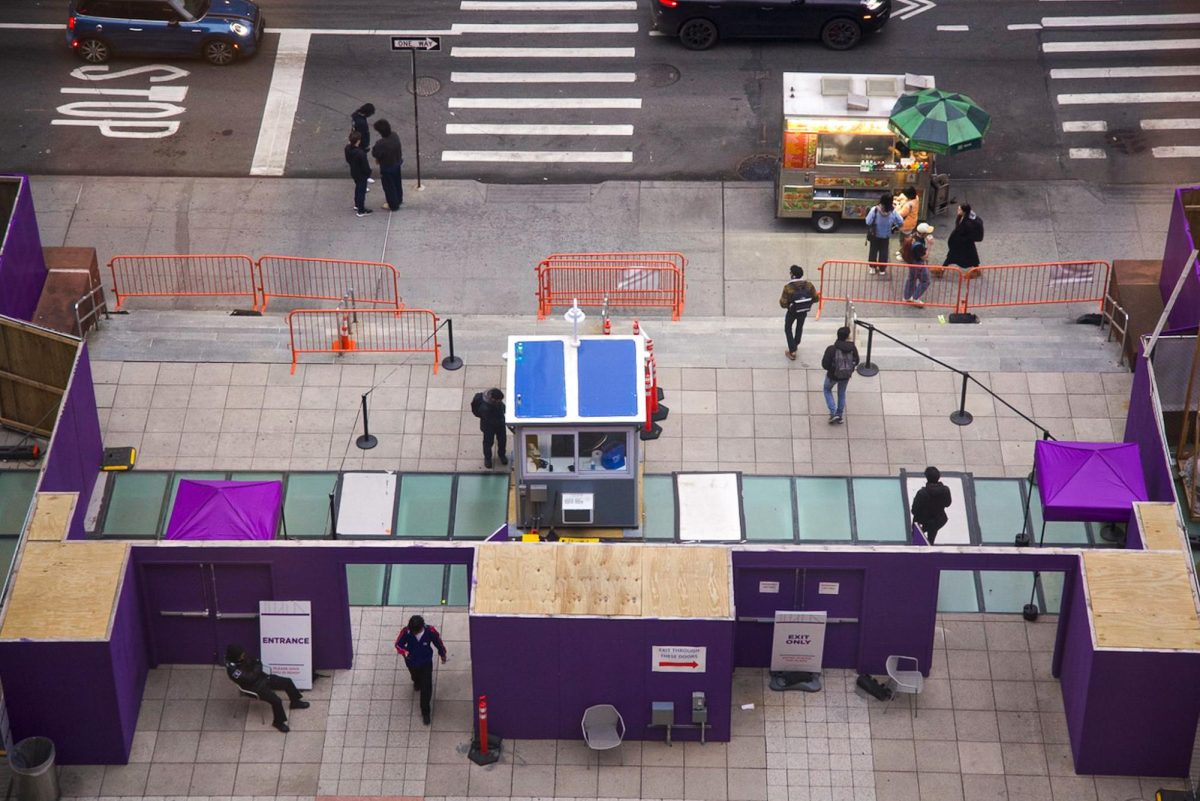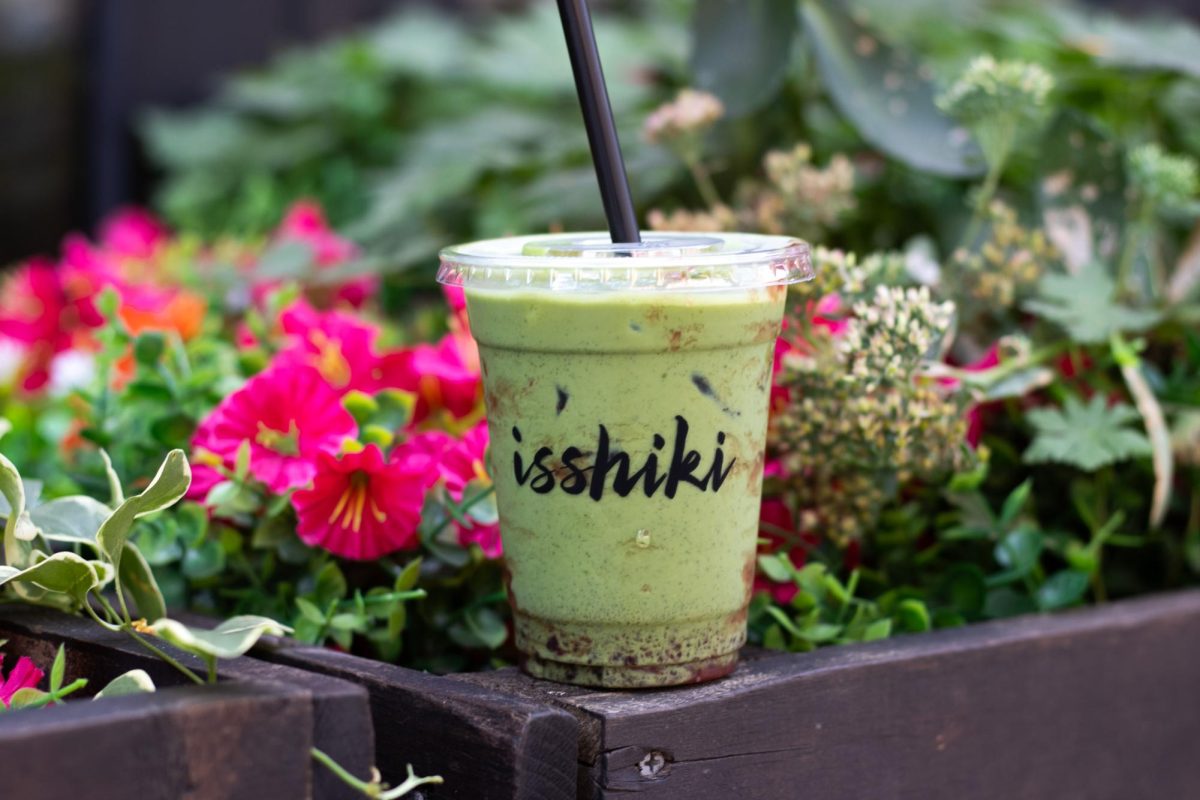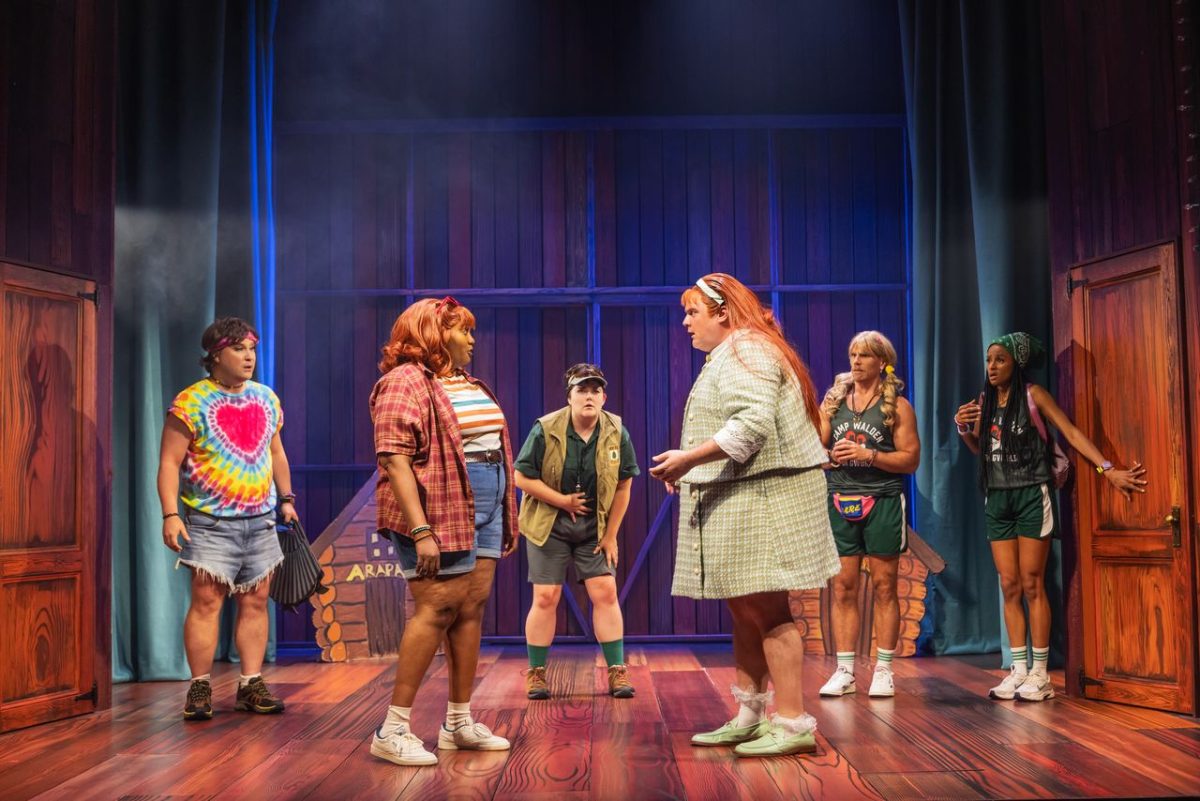On Sunday afternoon, I attended a Diwali party in my hometown, a suburb with a heavily established Hindu-American community. Admittedly, being born and raised in the United States has left me somewhere in between embracing Hinduism at a more philosophical level and total ignorance. Save our parents and grandparents who, for the most part, immigrated to the states after vested lives in India, the 25 or so people my age and younger at this celebration didn’t really know why we were celebrating. But it was Diwali — good food, good talk and an excuse to dress up.
It wasn’t until last year around this time that I really started questioning why I was falsely perpetuating traditions I barely understood. In October of 2011, when the U.S. Senate passed the Diwali Resolution that officially acknowledged the festival of lights as a culturally significant holiday for nearly three million Hindu-Americans in the country, I was at a personal loss. It began to disturb me that I was celebrating, with so much of my generation, a holiday that made me Hindu of convenience.
But tradition, to some extent or another, has survived despite the ignorance of the diaspora. It is dual — the action it prescribes is backed by a system of ideas and, therefore, cannot be sustained through activity alone. Diwali is highly energized, despite being aptly named the festival of lights and embodying the spirit of the triumph of good over evil. Fittingly, this characterization has its roots, and these are the roots that need to be integrated into the American counterpart of the wholesome Indian tradition beyond the parties and fireworks.
Diwali takes place on the final harvest before winter. Technically, there are five days of observation, and each day is specific to a certain tenet of family and social life. As a broader entity, the holiday stands for themes and motifs – good over evil, light over dark – written in the scriptures of Indian mythology that have sculpted an ancient spirituality; a holiday that cannot be reduced to contemporaneous manifestations of catered buffet lunches and temporary dress-ups that parade as a truthful honor of tradition.
When our families who host these celebrations today pass on, the torch and tradition that binds Hindu-Americans everywhere with those of all creeds is in our hands. Diwali in America may survive as a token of annual merrymaking. But, with this grim fate, it may never be a vital method of communicating with our shared history, philosophy and religion — the Hindu tradition. We must refocus our attention on the why.
I wish my generation had done something to try to understand why we were at the party last weekend. We must enlighten ourselves to discover why the tradition implores us to take certain actions, like asking ourselves questions about how to better serve that system of ideas. Such a discourse points to the reason why we’re celebrating Diwali. It certainly seems more relevant to tradition than engaging in a Halo 4 tournament, the central interest of a few young Hindu-Americans that Sunday afternoon.
A version of this article appeared in the Wednesday, Nov. 14 print edition. Siddhi Sundar is a staff columnist. Email her at [email protected].





